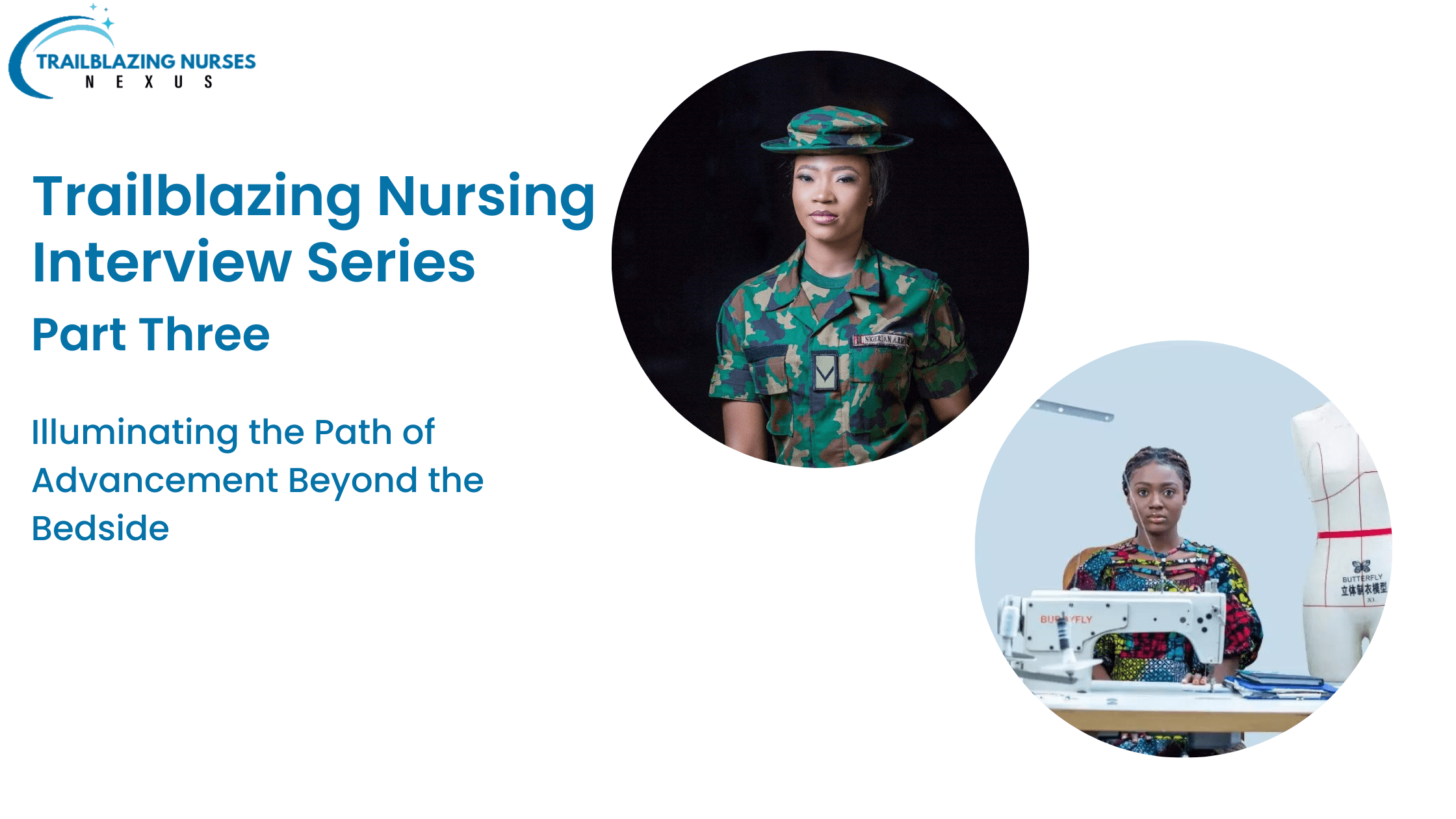To all Critical Care Healthcare Professionals (Critical Care Nurses, Critical Care Physicians, Support Staffs et al).
How To Behave Around Unconscious And Dying Patients
“We often think of nursing as giving meds on time, checking an X-ray to see if the doctor needs to be called, or taking an admission at 2:00 a.m. with a smile on our faces. Too often, we forget all the other things that make our job what it truly is — caring and having a desire to make a difference.”
Erin Pettengill, RN, missionary nurse
This listicle is a very important one. I have written it from my personal experiences & exposures as a young Critical Care Nurse who is in love with Nursing, Learning & Writing.
To be very sincere with you, I am still learning many of these. Yeah, I know right, I wrote them, these points have come solely from my careful personal interaction with patients, my colleagues and patient’s relatives. I am also learning how to completely incorporate them into my practice of Critical Care Nursing. Don’t hit me hard, we are all learning.
Ok guys, let’s dive all in…
- Mind what you say: They may be unconscious, but they can hear you. A dying man or woman will hear every bit of what the living say. The unconscious fellow will also hear you. Unless there is physical damage to the physiological components of hearing. Even at that, mind what you say.
- Always secure consent before performing any procedure on them. Don’t treat them like specimens or dummies. They are just like you, and someday you are going to be like them {that sounds harsh and scary}.
- Show them plenty of love: It may not be easy, but do it. It has its magic. Yes, show them, love. Let your tone, actions, and demeanor around them ooze with the expensive perfume of real love.
- Watch out for the family members they are a fragile bunch. That’s another broad and deep topic. Dealing with the patient’s relatives. Just watch out for them, they are always around the corner.
- Touch them often: They are not reptiles (with gloves though), but there’s magic in touching with your naked/bare palm if you are like me (breaking rules).
- Smile: They can’t see you smile, but believe me, they know. I know it may not be easy to smile when you may be in the middle of the heat, but once in a while, throw the sick fellow a smile. It doesn’t cost you a thing, or does it?
- Be patient with them: Especially with the dying. One virtue all clinical staff must possess. Be patient.
- Joke with them: Say things that will make them laugh. The unconscious human being is not dead. He is caged. Weird but it’s an amazing act. Treat them like they are right by your side, taking a walk with you down the street.
- Handle invasive procedures with heightened privacy. Because they are unconscious or dying does not mean they don’t like privacy. Come on! Use the screen.
- Buy them gifts if you can afford to. Yes, get them gifts, it does not have to be expensive. A little “get well soon” card.
- Never laugh or joke about their condition. It’s a horrible & terrible thing to do. You should receive a spank if you do this.
- When performing painful invasive procedures (establishing IV lines, passing an indwelling catheter, taking samples, etc), take it easy. Be gentle. They are not woods, blocks or statues – poking, twisting, turning…nawao…Treat them like flesh & blood. Those nerves are still working, and painful stimulus might still be sent to the brain, so they may be able to feel pain, but may not respond appropriately.
What do you think? Have you got other ideas from your experience/exposure as a healthcare professional that will be useful to us? If you have, kindly let us know in the comment section, we want to learn from you.
Featured Image Photo Credit: Unsplash
RELATED
End of Life Nursing: Life Lessons From Dying Patients






Drop Your Comment